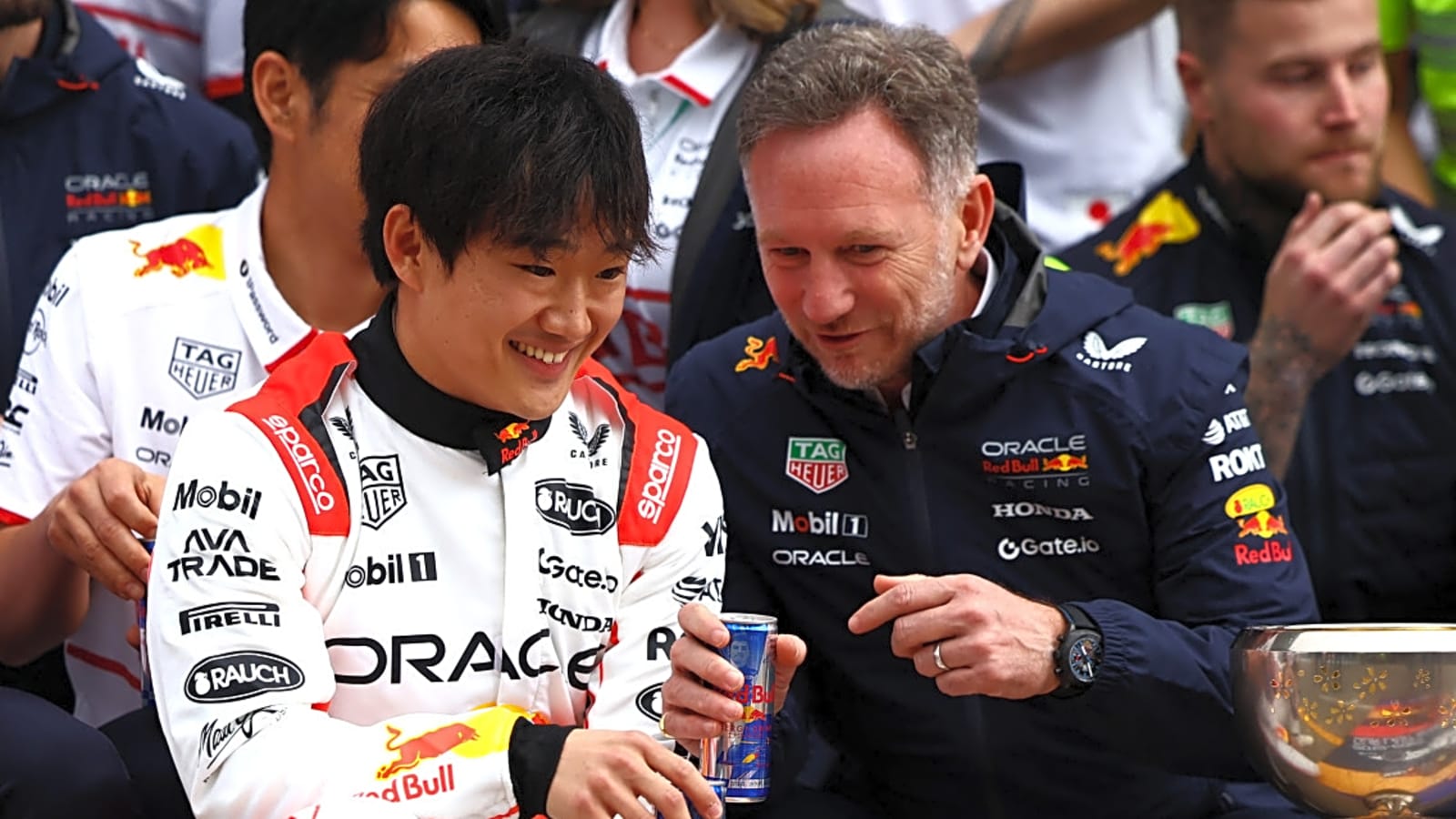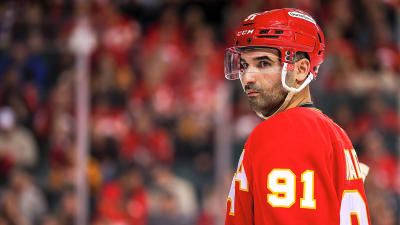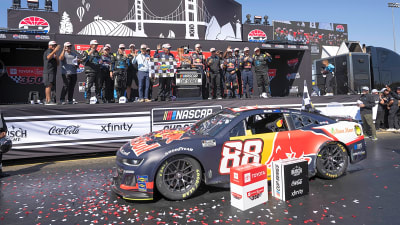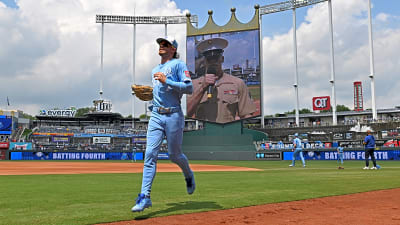
Red Bull’s ongoing second seat saga continues to be one of the team’s most glaring weaknesses—one that stands in stark contrast to the near-perfection of Max Verstappen’s reign. Since Ricciardo’s departure, the Milton Keynes-based outfit has yet to find a consistent and competitive driver to slot into the role of Verstappen’s wingman.
While Yuki Tsunoda’s promotion to the second Red Bull seat was seen as an exciting gamble, results so far have done little to ease the pressure. As former McLaren mechanic and current F1 expert Marc Priestley put it, the situation remains largely unchanged from the Sergio Perez and Liam Lawson eras. Despite flashes of speed and tenacity, Tsunoda hasn’t yet proven to be the solution Red Bull desperately needs.
Priestley notes that Red Bull’s trademark impatience doesn’t help either. “You’ve got to give some time… but that’s not what Red Bull do,” he explained. Lawson was dropped after just a handful of races despite impressing many, and now Tsunoda finds himself under the same microscope. Although there are “tiny signs of improvement,” they may not be enough to buy him the runway he needs.
Tsunoda’s inconsistency in qualifying further complicates matters. At the Saudi Arabian GP weekend, he was a full second slower than his teammate—an unacceptable gap at this level of the sport. That underwhelming qualifying performance left him vulnerable in the midfield, where chaos is more frequent and overtaking opportunities fewer.
Stuck in traffic, Tsunoda was caught in dirty air and high-risk situations—just as he was during the last Bahrain Grand Prix. These conditions not only affect his race performance but also highlight the stark contrast between him and Verstappen, who rarely finds himself battling in the trenches of the mid-pack.
The wider issue for Red Bull isn’t just Tsunoda. It’s the recurring inability to develop a driver who can handle the pressure and complexity of a championship-contending car. The second Red Bull seat has become a game of musical chairs, damaging promising careers and failing to deliver results.
A costly moment for Yuki Tsunoda in FP2 #F1 #SaudiArabianGP pic.twitter.com/ofXpR5gG9q
— Formula 1 (@F1) April 18, 2025
The core of the problem? Red Bull doesn’t just want a solid No. 2—they want another Max Verstappen. But as Priestley emphasizes, “That’s easier said than done.” The four-time reigning champion is a generational talent—an outlier whose skill, mental strength, raw speed and technical feedback is hard to replicate.
So the answer is simple: until Red Bull recalibrates its expectations or commits to a long-term driver development program, the problem of the second seat is unlikely to go away. And as the team is trying to sustain its dominance, solving this conundrum may become just as critical as keeping Max Verstappen happy.
More must-reads:
- Chiefs sign star offensive lineman to $94 million deal
- Mavericks center Dereck Lively II reportedly undergoes foot surgery
- The 'No. 1 overall MLB Draft picks' quiz
Breaking News
Trending News
Customize Your Newsletter
 +
+
Get the latest news and rumors, customized to your favorite sports and teams. Emailed daily. Always free!








